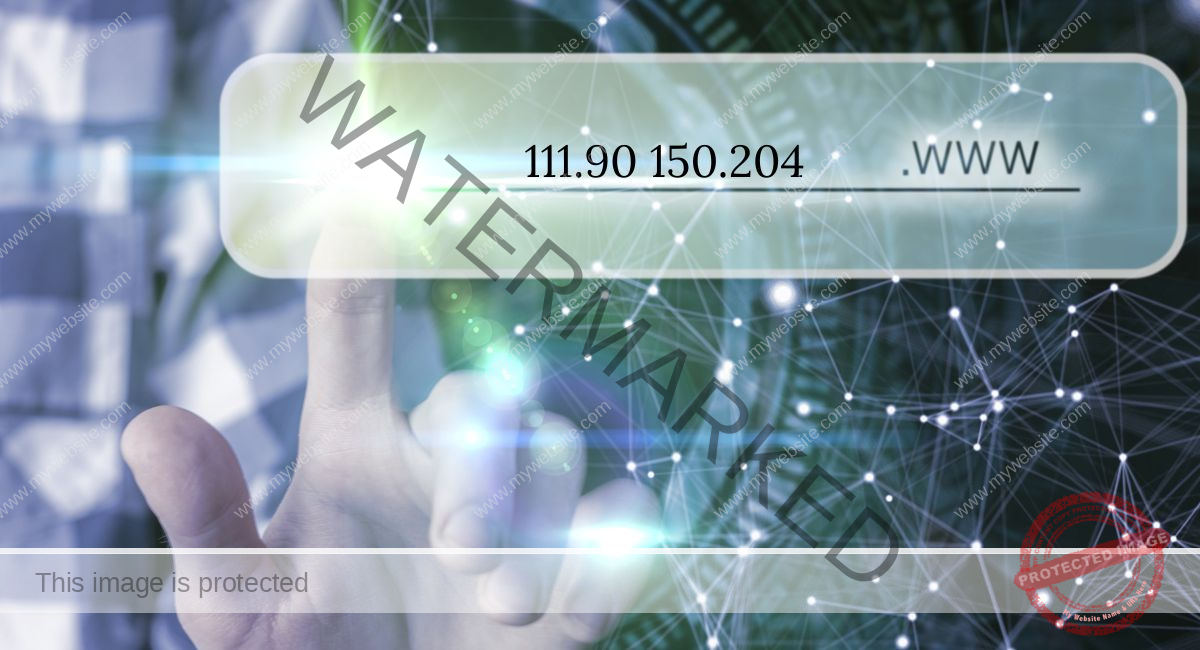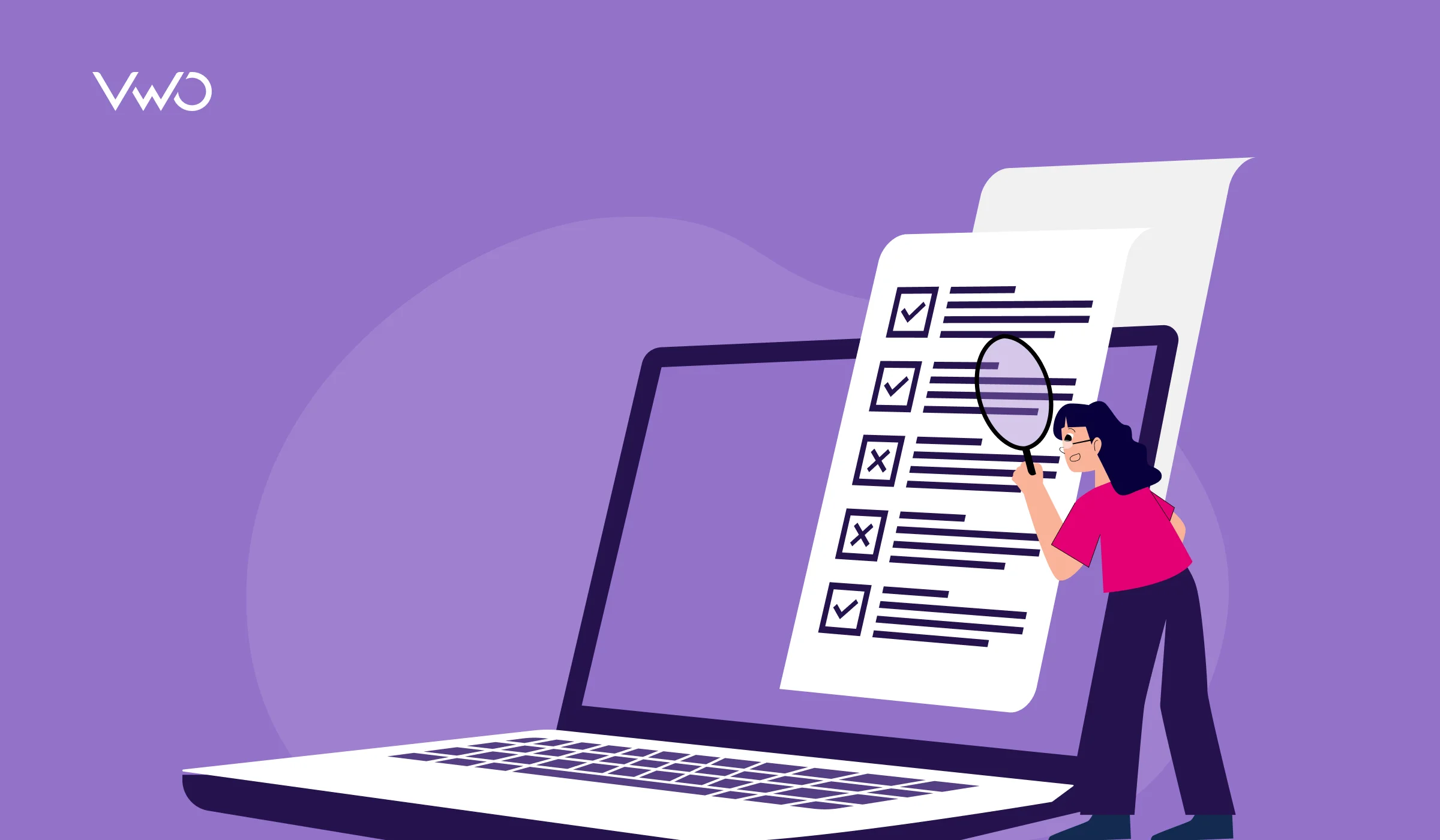Have you ever stumbled upon a strange number like 111.90 150.204 and wondered, “What on earth is that?” You’re not alone. While it might look like a secret code from a sci-fi movie, this combination of numbers holds real meaning—especially in the world of the internet.
Let’s break it down in plain English, ditch the technical mumbo-jumbo, and really get to the bottom of what 111.90 150.204 is, what it does, and why you might want to pay attention to it.
What is 111.90 150.204?
111.90 150.204 is what’s known as an IP address, short for Internet Protocol address. Think of it like a digital address for devices connected to the internet. Just like your home has a postal address so people can find it, your devices need an IP address so they can communicate online.
This particular IP address—111.90.150.204 (note the dots instead of space)—points to a specific server or host on the internet. It’s often linked to websites, hosting providers, or online services.
Is 111.90 150.204 an IP Address?
Absolutely! While it may look mysterious, 111.90.150.204 is simply a public IPv4 address. The IPv4 format consists of four sets of numbers separated by periods, each ranging from 0 to 255. This format is how computers recognize and talk to each other across the web.
The Role of IP Addresses Online
Think of the internet as a massive post office. Every time you send a message (like opening a website), it has to know where to go and where to return. IP addresses make this possible. Your device sends a request to an IP like 111.90 150.204, and the server responds with the webpage you wanted.
Types of IP Addresses
There are mainly two categories:
-
Public IP Address – Like 111.90.150.204, these are visible on the internet and unique to each device or server.
-
Private IP Address – Used inside local networks (like your Wi-Fi) and not visible publicly.
Then you also have:
-
Static IP: Never changes. Often used for servers and websites.
-
Dynamic IP: Assigned temporarily by internet providers and can change over time.
How to Check Who Owns 111.90 150.204
Curious about who’s behind 111.90 150.204? Tools like WHOIS lookup or IP location trackers can tell you. Typically, this IP is associated with web hosting services or data centers.
When we checked, it pointed to Shinjiru Technology, a hosting company based in Malaysia, commonly used for hosting websites and services.
111.90 150.204 and Website Hosting
Hosting providers like Shinjiru assign IPs like 111.90 150.204 to their clients. So, when someone hosts a website, it often resolves to an IP like this. When you type a website name in your browser, it actually gets converted into an IP address before loading the site.
It’s like calling someone by their name, but your phone dials their unique number behind the scenes.
Is 111.90 150.204 Safe?
In most cases, yes. An IP by itself isn’t dangerous. But if a site hosted on 111.90 150.204 contains malware or phishing traps, then it can be harmful. Always check the reputation of the domain or website associated with the IP.
You can use tools like:
-
VirusTotal
-
IPVoid
-
AbuseIPDB
To scan for any shady activity linked to the IP.
111.90 150.204 in Cybersecurity
Cybersecurity experts often monitor IPs like 111.90 150.204 to see if they are involved in suspicious behavior. For instance:
-
Sending spam emails
-
Hosting phishing websites
-
Launching DDoS attacks
If flagged, the IP may be blacklisted, making it harder to operate online.
How Hackers May Use Public IPs
Sometimes, hackers scan public IP addresses like 111.90 150.204 to find open ports, vulnerabilities, or unpatched servers. It’s like checking all the doors and windows in a neighborhood to see which one is unlocked.
That’s why web hosting providers use firewalls and security tools to protect IPs from unwanted access.
Is It Legal to Access 111.90 150.204?
Yes—if the IP hosts a public website or service. However, trying to exploit or hack into services on 111.90-150.204 is definitely illegal.
Just like you can walk past someone’s house but not break in, you can access publicly available sites but not trespass into restricted areas of the server.
11. 111.90 150.204 vs. Private IP Addresses
Here’s a simple comparison:
| Feature | 111.90.150.204 (Public) | 192.168.0.1 (Private) |
|---|---|---|
| Internet-visible | ✅ Yes | ❌ No |
| Assigned by | Hosting/ISP | Router/Local Network |
| Usage | Websites, Servers | Home, Office Networks |
So, 111.90-150.204 plays a global role, while private IPs stay local.
How to Block Suspicious IPs
If your system is being contacted by 111.90 150.204 and you don’t trust it, you can:
-
Use a firewall to block traffic.
-
Report it to your ISP.
-
Add it to your router’s deny list.
This helps secure your devices from any unwanted interactions.
What You Can Learn From IP Tracking
IP addresses like 111.90-150.204 reveal:
-
Location of server
-
Hosting provider
-
Activity history (if blacklisted)
Businesses use IP tracking for analytics, fraud prevention, and even customizing content by location.
How VPNs Hide Your IP
A VPN (Virtual Private Network) masks your real IP address and replaces it with a different one—sometimes even 111.90-150.204 if the VPN routes traffic through Malaysia or Asia.
It’s like putting on a disguise while walking through the digital streets. No one knows your real identity.
Final Thoughts on 111.90 150.204
At first glance, 111.90 150.204 looks meaningless. But now, you know it’s a public IP address with real-world roles. Whether you’re a casual browser, a tech enthusiast, or just curious, understanding how these digital addresses work helps you navigate the internet smarter—and safer.
FAQs About 111.90 150.204
1. What is 111.90 150.204 used for?
It’s used as a public IP address for hosting services, websites, or other online platforms.
2. Can I trace the owner of 111.90 150.204?
Yes, tools like WHOIS lookup and IP tracking services can show the host or organization behind it.
3. Is 111.90 150.204 dangerous?
Not inherently. However, if it’s linked to harmful activity, it can pose risks. Always verify before interacting.
4. Can I hide my IP address from 111.90 150.204?
Yes, using VPNs, proxies, or firewalls can hide or block access to and from this IP.
5. Why does 111.90 150.204 keep showing up in my logs?
It could be a crawler, spam bot, or someone pinging your server. Check the activity and block if necessary.















